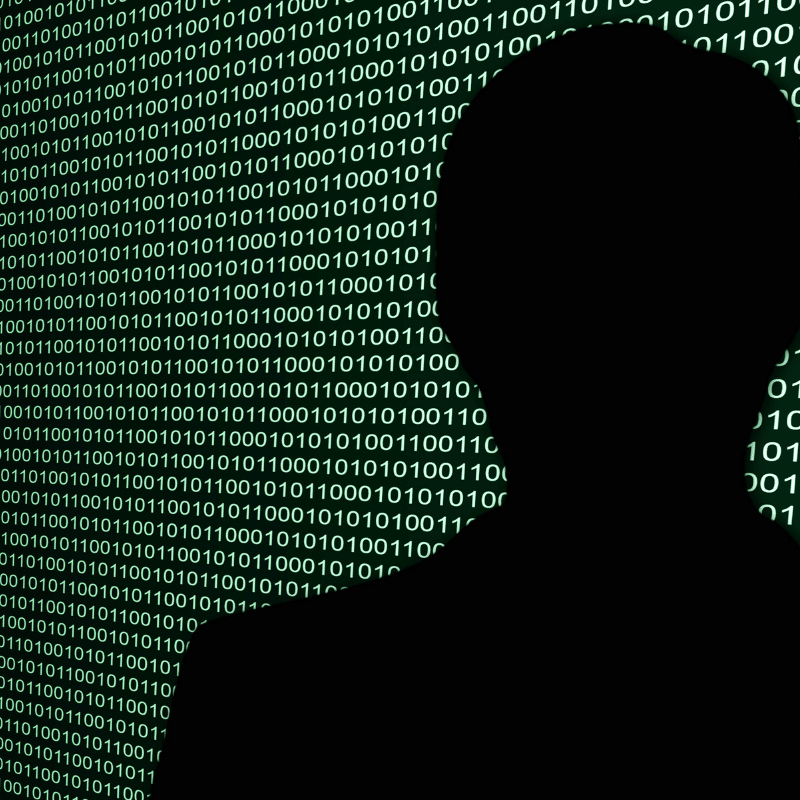#11 MANAGING YOUR IDENTITY ON BIG BROTHER DATABASES
Question:
Staying entirely off all government computers and databases used to be a major PT strategic objective. Why isn’t it anymore?
Answer:
Big Brother is profiling and hassling a different gang of suspects these days just because they are NOT on computers.
The above Q and A appeared in the original black books. There’s a whole chapter about how staying off databases is not always the PT’s goal, because it makes you a suspect and can make life very difficult too! Here’s an interesting and updated perspective from a reader.
This news item is from WendyMcElroy.com
I am ambivalent about the foregoing advice from Grandpa, author of the personal-freedom guide Bye Bye Big Brother, which I do recommend. I think staying the hell out of government data banks is still a wise move but Grandpa raises a valid point that might well influence how you decide to approach specific databases or activities. Governments are targeting people who fall outside the norm — for example, those who pay for plane tickets with cash — and the people targeted include those who are suspicious simply because they do not appear in a specific database.
For example, when a national ID becomes mandatory in any nation, those without such a document fall under immediate, automatic suspicion. Privacy-loving people will have to decide for themselves if it is advantageous to appear within a specific database – keeping in mind, of course, that there is no longer such a thing as appearing in one database.
Equally, certain other privacy protections of the past may become red flags because they constitute unusual behavior of which the government has taken note. Grandpa states, “Commercial mail drops become suspicious.” He recounts an investigation in Italy — allegedly aimed at terrorists — that began cross-referencing “mail drops…and various utility and voter records to check for addresses with inconsistencies and anomalies. Anyone who used a mail drop was an automatic suspect.”
If the maildrop information was not valid — and virtually all such services in the EU and North America require proof of ID to open an account — then the Italian police already had the box holder on several felonies, including “fabricating fraudulent proof of address documents.” Such felons received ’special’ attention, including the content-monitoring of all mail and surveillance of boxes for the purpose of arresting scoff-laws. Grandpa suggests, instead, that you seek an alternate method of receiving mail you wish to remain private. Chapter 26 of Bye Bye Big Brother is entitled “Secure Internet Communications.”
I am ambivalent about the mailbox advice as well. BUT I think at least one aspect of Grandpa’s position is quite valuable: you should no longer assume 20th-century tactics for preserving privacy are still viable in the 21st.
One of the main reasons: “Information is being cross-referenced as never before. You may be doing nothing wrong [indeed, I presume readers of this blog are NOT doing anything beyond protecting their privacy/freedom] but if you do anything that appears unusual to Big Brother’s computers, you are inviting extra scrutiny. And, then, it is Hello Hello Big Brother.
as an avid non-voter, I can’t resist pointing out that police use of voting records is yet another reason to stay out of this entirely voluntary database.
Any comments?
Let’s get a debate going on this!!!
Post your comments, thoughts, related personal experiences, corrections, or questions below.











Post a Comment
0 Comments